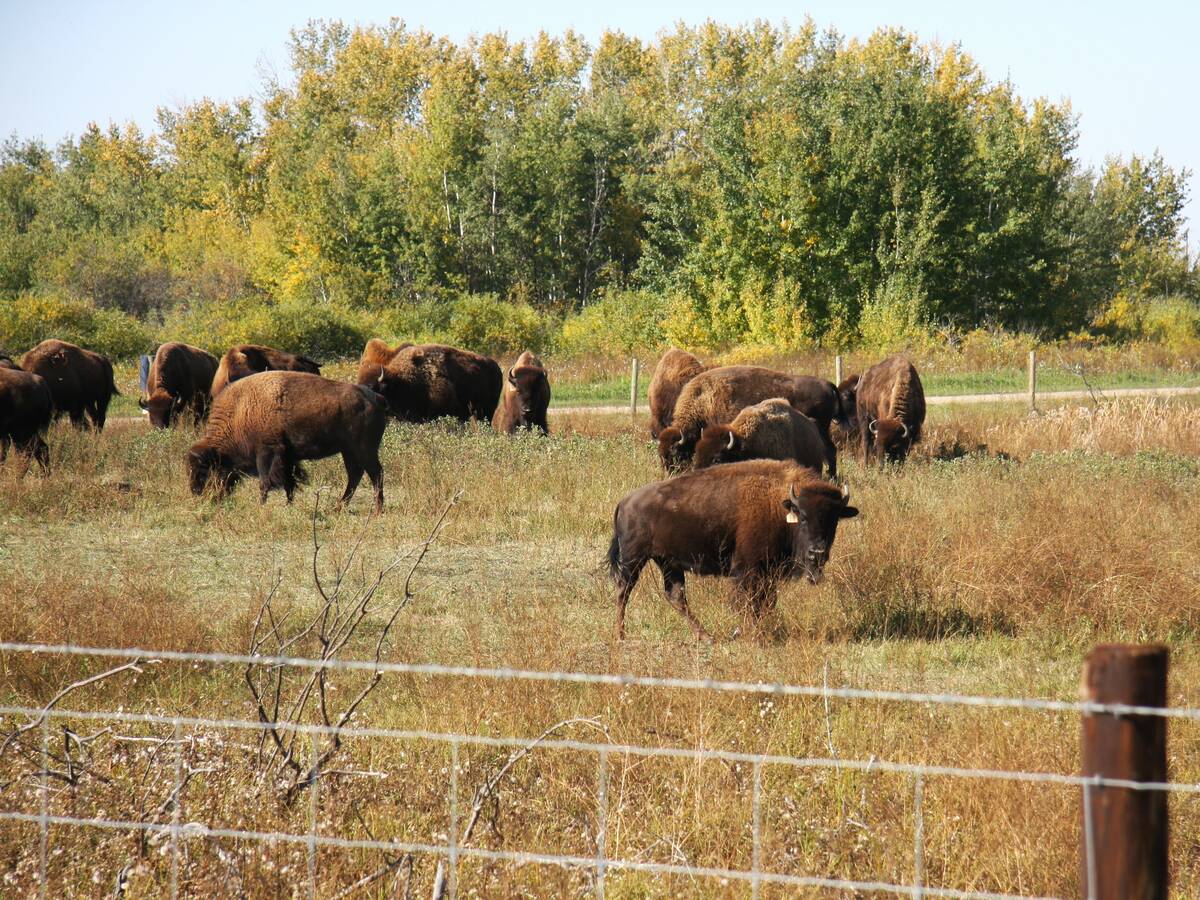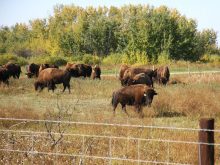The federal government made it more difficult for beekeepers to retain experienced employees when it amended the Temporary Foreign Worker Program in 2011.
Known as the four in and four out rule, a temporary foreign worker in certain streams of the program must now leave the country after four years of accumulated service. After four years outside Canada, a worker is once again eligible for the program.
The government argued the new rule would encourage employers to sponsor qualified workers for permanent residency status.
Beekeepers were unhappy with the change because they could no longer rely on the same employees returning year after year, which increased training and recruitment costs.
Read Also

National Day for Truth and Reconciliation: Acknowledging the past, seeking a better future
How can the treaty rights of Indigenous peoples be honoured in a way that gives them a proper seat at the table when it comes to farming in Canada?
The four in, four out rule doesn’t apply to the Seasonal Agricultural Worker Program (SAWP), which is distinct from other Temporary Foreign Worker Program streams in Canada.
Canadian agricultural businesses can hire temporary workers from Mexico and some Caribbean countries for up to eight months between Jan. 1 and Dec. 15.
Todd Giffin, who runs Mayfair Farms, a vegetable and strawberry operation in Portage la Prairie, Man., has used SAWP to hire Mexican workers for decades.
“Our program is an eight month contract. These guys come in, they have to go back. It’s a contract with the Mexican government,” he said.
“It (the program) has been run very well for many years…. It’s essential for our business. If we’d lost it, honestly, we’d probably pack up shop.”
Giffin said he’s spoken to his workers about immigrating to Canada, but some of them have businesses or farms in Mexico.
As well, many prefer the Mexican climate, Giffin said.
“Where would you go in the winter?”

















